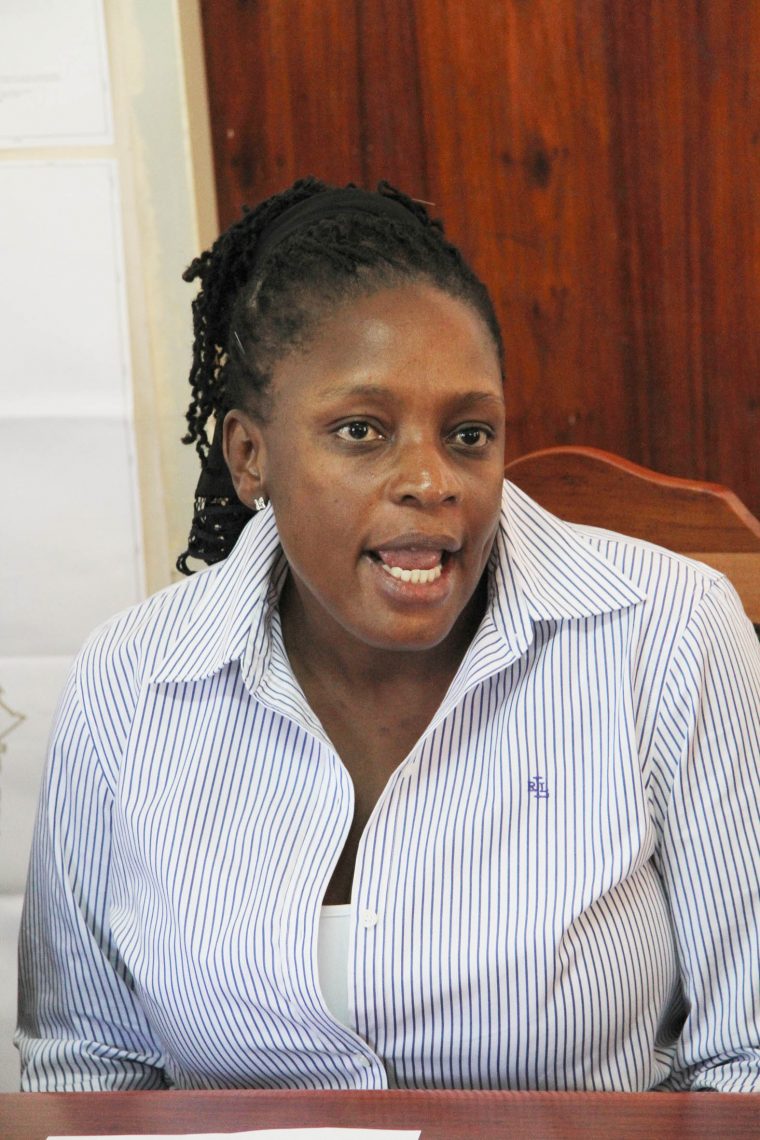Zimbabwe is an extremely divided nation, so divided that one woman, a very young woman, said that the war “between amaShona lamaNdebele can only be described in this manner yikulwa kukaSatan loJehovah – it can never finish”.
This was said by Matabeleland South legislator Priscillah Misihairabwi-Mushonga during her contribution to the debate on the National Peace and Reconciliation Commission bill.
“Madam Speaker, for me the debate and the public hearing showed me a divided nation, an extremely dived nation – divided in a number of ways,” she said.
“Firstly, divided in the appreciation and understanding of the issues that happened in the pre-colonial era, divided in the issues about what happened in the post colonial era and divided around the issues that happened just after independence and what is currently happening today.
“I think that is the unfortunate part about this particular Bill, whoever is drafting the Bill has just thought it is mechanical, business as usual without dealing with what exactly we want to address and you are not finding what exactly we want to address…….
“I remember and I hope some of my colleagues who were at the hearing also remember this, a very young woman standing up in Bulawayo, saying this war between amaShona lamaNdebele can only be described in this manner yikulwa kukaSatan loJehovah – it can never finish. This is a young person who was not there during the Gukurahundi era but the pain is about what she is dealing with in terms of the marginalisation that she lives with on a daily basis.”
Misihairabwi-Mushonga said Zimbabweans were only fooling themselves if they thought there were no ethnic differences in the country because they were there just waiting to explode.
“We have those major differences about whether you are Karanga or Zezuru and who is in control of what resources at this particular point in time and what it means. Let us not pretend that those are not realities that we are talking about,” she said.
“If we do not include the issues around ethnic conversations and how we are going to deal with it, day in and day out, we are going to be dealing with them. We are going to be saying to ourselves, ‘MaZezuru ambotongawo, tavekuda kuti maKaranga ambotonga.’ That is the debate that is there and if we continue to pretend that the debate is not there, we are lying to each other.”
Below is her full contribution and why the debate had to be stopped because Vice-President Mphoko, whose ministry is sponsoring the bill, was not in the House.
Continued next page
(316 VIEWS)
